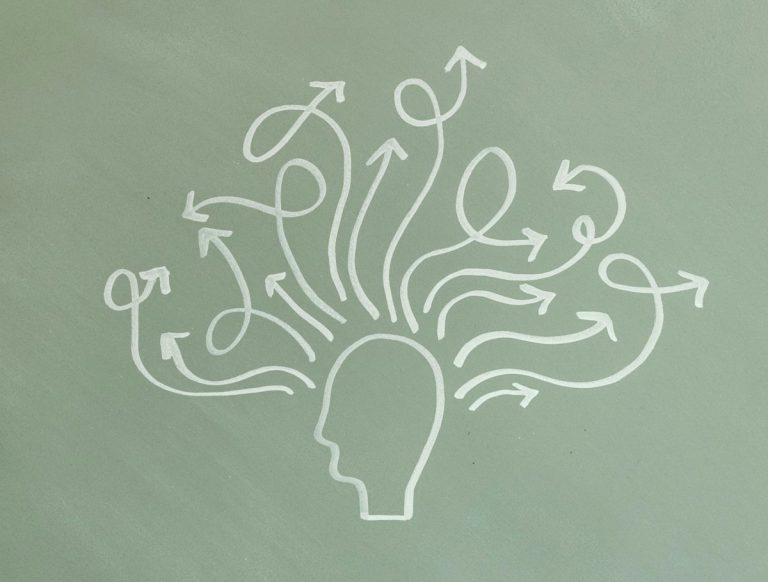Staying Grounded During Election Turbulence
As this election season intensifies, it’s common to experience heightened levels of stress and anxiety. You may notice this physically through sleep disturbances, increased headaches, stomach issues, or muscle tension. Emotionally, you may experience uncontrollable worry, restlessness, irritability, panic attacks, or feelings of numbness. The media coverage, impending political debates, and discussions about the future can create a charged atmosphere that can impact your mental wellness.
Why Election Stress Can Be Challenging
Election-related stress can stem from several factors:
- Uncertainty and lack of control: The outcome of an election is uncertain, and the results can be impactful and destabilizing. Navigating this unpredictability can create anxiety because anxiety is often about attempting to find safety and control during frightening circumstances.
- Media saturation: Constant exposure to news, social media, and political advertisements can be overwhelming. The often polarized and sensationalized nature of media coverage can exacerbate stress.
- Social pressure and conflict: Discussions about politics can lead to disagreements and conflicts with friends, family, and colleagues. The pressure to conform to particular viewpoints or defend your beliefs can be heavy.
- Concerns about the future: Worries about how election results will impact personal lives, communities, and the country can contribute to anxiety. These concerns can feel all-consuming, especially if they touch deeply held values and beliefs.
Recognizing and understanding these stressors is the first step in managing them effectively. By understanding the sources of election stress, you can take control of your mental wellness by intentionally implementing skills to manage this season differently.
Coping Skills for Managing Election Stress
- Limit media consumption: While staying informed is essential, constant exposure to news and social media can increase stress. Schedule times to check updates and avoid checking right before bed. Consider taking breaks from social media or curating and diversifying your feed to include more positive and non-political content.
- Educate yourself: Understanding the election process and the issues at stake can reduce anxiety caused by uncertainty. Educate yourself from reliable sources and focus on facts rather than speculation.
- Set boundaries in conversations: It’s okay to set boundaries when discussing politics. Excuse yourself or suggest changing the topic if a conversation becomes too heated or stressful. It’s essential to protect your mental well-being.
- Connect with supportive people: Surround yourself with friends, family, and communities that offer support and understanding. Sharing your feelings with trusted individuals can provide comfort and help you feel less isolated.
- Focus on what you can control: While you can’t control the election’s outcome, you can control your actions. Consider volunteering for a cause you believe in, participating in local community efforts, or ensuring you’re prepared to vote. Taking proactive steps can give you a sense of agency.
- Create a post-election plan: Regardless of the election outcome, a plan for moving forward can provide stability. Consider how you will protect yourself, stay engaged, and positively impact the circumstances through continued activism, community involvement, or personal growth.
- Seek professional support: If election stress becomes overwhelming, don’t hesitate to seek help from a therapist to help you manage differently. Therapy can provide a space to explore feelings and develop effective coping strategies.
Prioritizing your mental health is a necessity, particularly during election seasons. If you feel overwhelmed, take proactive steps to care for yourself using coping skills and the support team you’ve cultivated. Seeking help from a therapist can provide valuable support and guidance in managing election-related stress. At Ida Lillie Psychotherapy, we have therapists available to help. Connect with us today to find election ease.








